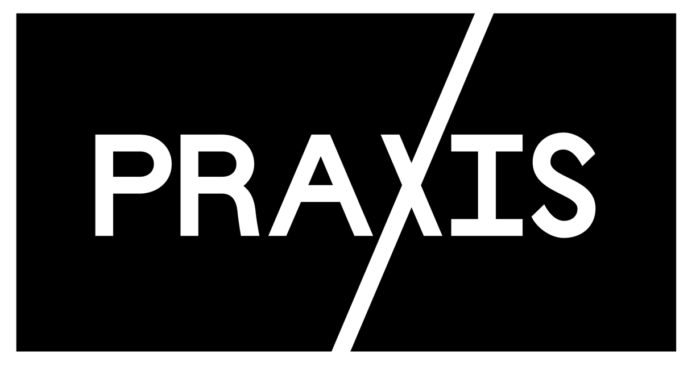The country’s newest trade union is being launched today with a campaign against the Arts Council’s application process.
Founded in 2020 by a group of artists who came together to create a united democratic representation for their trade, Praxis: The Artists Union of Ireland aims to unite artists working across all disciplines to improve their living and working conditions.
At an AGM in March this year, members voted in favour of the union tackling the Arts Council’s funding process. The motion called for Praxis to engage in “a campaign addressed to the Arts Council of Ireland to drastically improve their interfaces and funding application processes so that they are artist-centred and in line with EHRD and Paying the Artist policies.
“The current interface is not fit for purpose. Artists can spend up to one month on applications, losing valuable working time to a highly competitive process and there is no provision for artists who may not be able to complete a written application.
“The union demands that the Arts Council consult with Praxis to redesign their systems to better suit artists.”

As the pandemic has reduced work opportunities over the past year, more and more artists have found themselves turning to the bureaucratic and lengthy grants processes for income, according to Praxis. But while the pandemic has made arts work more precarious, it did not cause the unstable existence of artists in Ireland.
There’s “a lack of security, work contracts, and a living wage,” says Praxis’s Communications Officer, the filmmaker and media producer Azzy O’Connor. “You can’t pay for childcare or rent with ‘exposure’ or ‘possibilities’, yet the arts seems to be the only industry where that’s an acceptable rate of pay.”
The newly elected Chairperson of Praxis, visual artist Kerry Guinan, argues that the new trade union could help artists:
“People often think of artists as individuals who work alone. However, in reality artists are always collaborating and inspiring each other. We at Praxis believe that working together will help us to improve our working conditions, just as it helps us improve our art.”
This is not the first time that complaints have been made against the Arts Council. In 2015 the Department of Culture, Heritage and the Gaeltacht led a review of the Arts Council, which made a series of recommendations, including improving the diversity of organisations receiving recurring funding and the transparency of its operations. A review of the review three years later found that while the Arts Council had fully or partially implemented 83% of the recommendations, the organisation had chosen not to gather information on levels of participation by groups identified in the National Action Plan for Social Inclusion and had not undertaken recommendations to improve the diversity of organisations receiving recurring funding.





